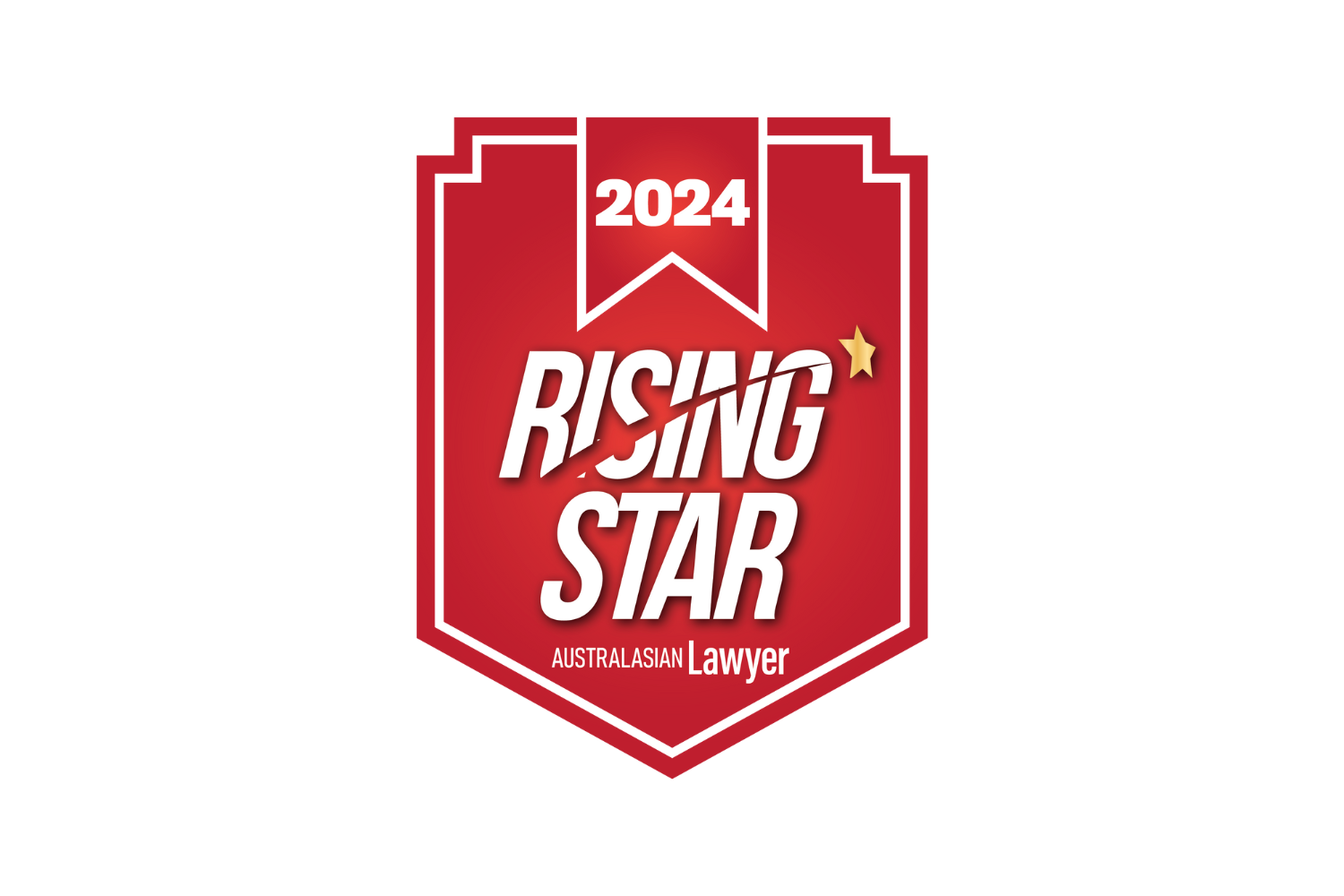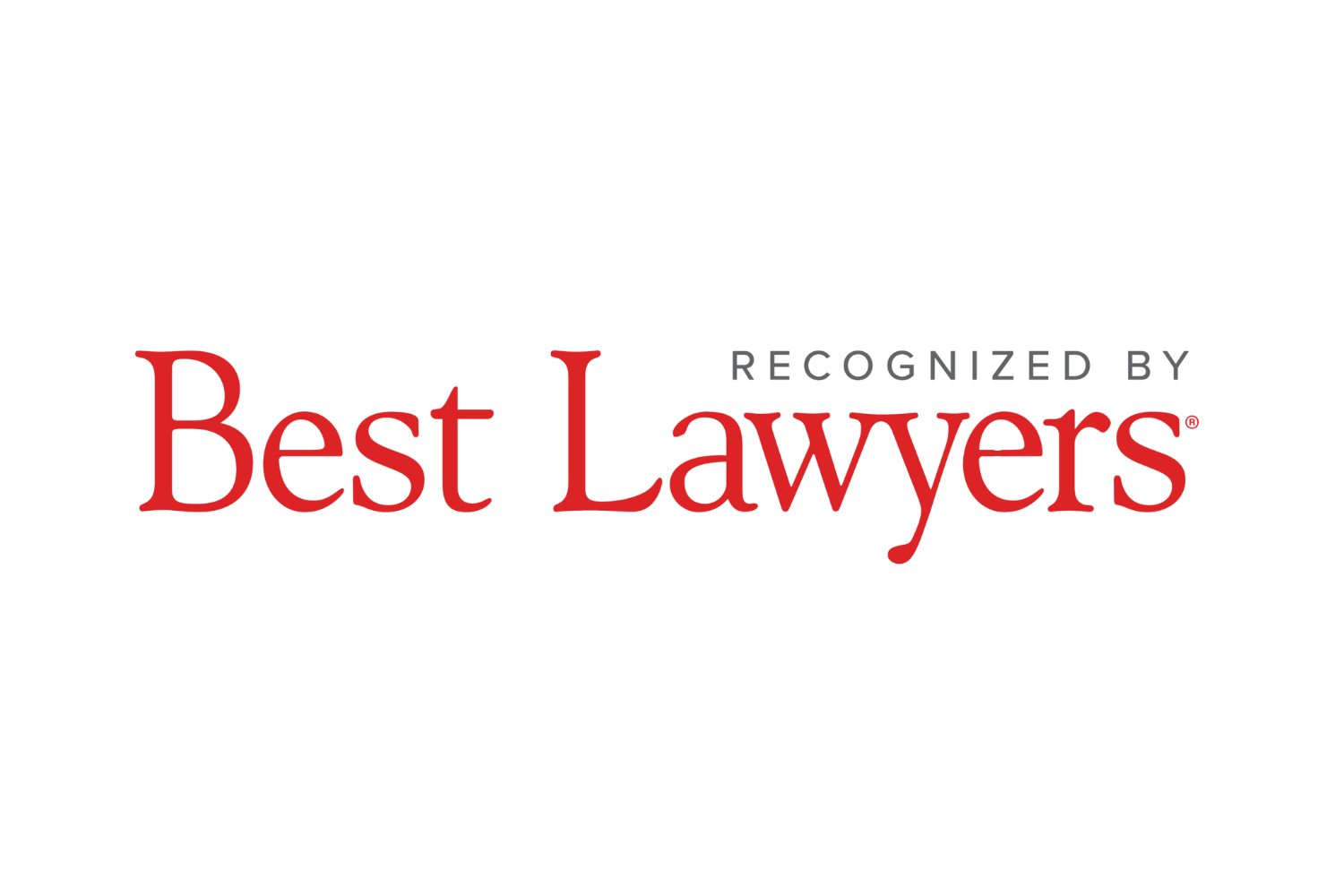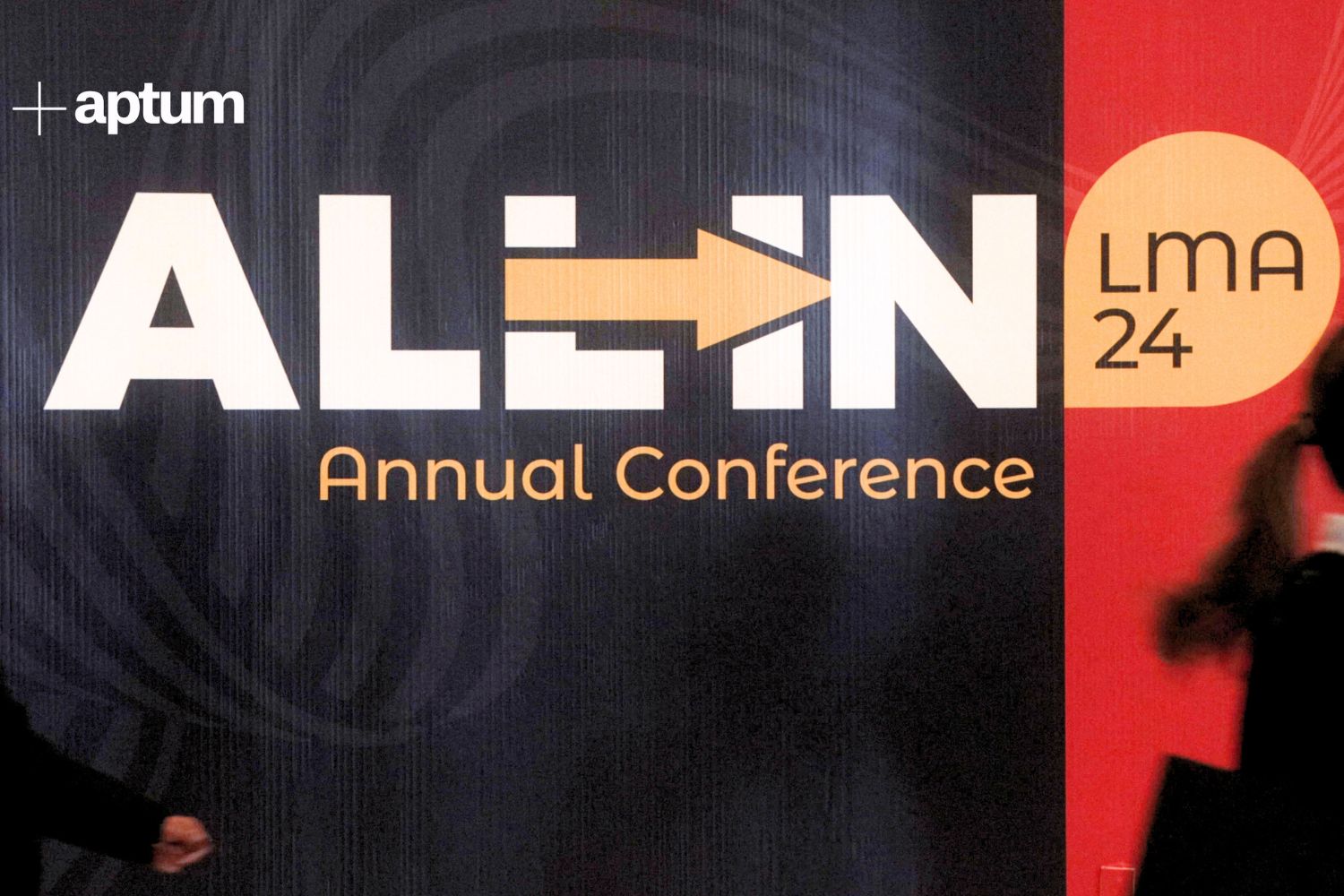4 warning signs that your commercial litigation is not on the most effective path
The most effective path to resolution leads you towards achieving your objectives in resolving the dispute to the best possible effect. It is focused on achieving the outcome you want. The reason you started the litigation.
When Aptum is engaged to take over the conduct of existing litigation, it is invariably because the client has been unable to find a few key things: a clear pathway to resolution, transparency about the risks involved, and certainty on price.
So how do you know if you’re on the best path to resolving your dispute?
It might be felt in long periods of inactivity, time consuming sums of work that don’t seem to contribute towards an end, or fruitless and ongoing back and forth with other party.
However there are common warning signs that suggest your dispute is not on the most effective path to resolution.
Here are four ways to test whether your dispute is on the most effective path:
1. Is it your dispute?
Do you have an agreed set of objectives and priorities? Is your lawyer helping you meet your objectives, or does it feel like you are just paying for your lawyer to meet theirs? Do you understand what the steps are in the litigation process and how each step will help achieve your objectives? Are you regularly updated? Does your lawyer return your calls? Even one ‘no’ here is cause for concern.
2. Do you have a clear pathway to resolution?
Do you and your lawyer have a plan for resolving your dispute? Have you identified the conditions and timing that will make resolution more likely? Does your plan include alternatives to mediation and trial? Do you understand the process, how each step in the process contributes to you resolving your dispute, and exactly what is expected from you at each stage?
If your planned attempt at resolution has failed, do you understand how resolution may be possible without resorting to trial? Are you certain that a trial will resolve all the issues in your dispute?
3. Do you understand the risks?
If you left your dispute for the Court to decide, do you understand the three most important questions the Court will be required to answer? Do you understand what information the Court will rely on to answer each of those questions? Do you understand the weaknesses in your position – what issues the Court is likely to rely on if it decided against you? Do you know what you can do to improve your position on those issues? Do you understand what may happen after the Court decides? If you are expecting payment, do you know whether payment is possible or likely? Have you and your lawyer discussed the risk of appeal?
4. Do you have certainty on the price?
Do you know how much you have spent to date? Do you know how much you are likely to spend before the matter is resolved? Have you identified the range of possible outcomes – and have you considered whether the costs are proportionate to those potential outcomes? What was the original estimate and how much have you spent? What confidence do you have in the estimate of future costs? What are the risks that you will spend more than the estimated costs, and have you discussed how to control those risks? Have you asked for, or set, a fixed price?
These direct questions may be at odds with the style of communication and clarity you may be experiencing with your lawyer – if they are, that alone is a warning sign.
If you are concerned by, or are struggling to find sensible answers to, any of the above questions, then it’s time to reassess whether there is a more effective path to resolving your dispute.
“In a chronically leaking boat, energy devoted to changing vessels is more productive than energy devoted to patching leaks”
-Warren Buffett




